Sri Lanka Joins the SCO
Further signs of Sri Lanka’s shift into China’s orbit
By K. Ratnayake
18 June 2009
This week Sri Lankan president Mahinda Rajapakse made his first trip abroad since the army’s military victory over the separatist Liberation Tigers of Tamil Eelam (LTTE). Significantly, it was to Burma (Myanmar) for talks with the State Peace and Development Council (SPDC), as the country’s repressive military junta is known.
Accompanying Rajapakse on his three-day visit were foreign minister Rohitha Bogollagama, two other ministers and Wimal Weerawansa, leader of National Freedom Front (NFF). While the NFF is not yet part of the ruling coalition, Weerawansa, a Sinhala chauvinist demagogue, has backed the government and its communal war, denouncing Western powers for pressuring countries like Sri Lanka and Burma over human rights.
Burma is not itself a significant power, but Rajapakse’s visit indicates a turn to other countries, particularly to China, to counter pressure from the US and the European powers for a war crimes investigation. Burma has longstanding economic and strategic relations with Beijing, which also established closer ties with Colombo during the Sri Lankan war by providing arms and aid.
Rajapakse could expect a sympathetic ear in Burma because the junta also confronts Western demands. The US and European Union (EU) have both imposed sanctions on Burma and are calling for political reform and the release of detained opposition leader, Aung San Suu Kyi. As in the case of Sri Lanka, the US and EU campaign is not about democratic rights but is aimed at boosting their influence in Burma at the expense of their rivals, particularly China.
As predominantly Buddhist countries, Sri Lanka and Burma have a long history of religious interchange. Rajapakse accompanied Sri Lankan prime minister Sirima Bandaranaike on a state visit to Burma in 1978, and returned as prime minister in 2004 to participate in a World Buddhist Congress.
During this week’s visit, Rajapakse thanked the Burmese junta for its support in cracking down on LTTE arms supplies shipped via islands between Burma and Thailand. He told his hosts: “The end of brutal terrorism which took away over 100,000 innocent lives of our people during three decades has brought forth new challenges for us to rebuild our nation with infra-structural needs ...” Far from being “a war on terrorism”, the real responsibility for the conflict rests with successive Colombo governments, which exploited anti-Tamil chauvinism to divide the working class.
The Burmese leaders had nothing to say about the thousands of Tamil civilians killed by indiscriminate Sri Lankan army shellfire since January or the huge detention camps into which 300,000 people have been herded. Junta leader, General Than Shwe, was intent on boasting about his own country’s “achievements since independence in 1948 in the socio-economic and cultural spheres”. In return, Rajapakse kept a diplomatic silence on the atrocities carried out by the Burmese military and its brutal suppression of democratic rights.
At a defence forum in Singapore last month, Burma’s deputy defence minister Major General Aye Myint spoke approvingly of the Sri Lankan war. “The world has recently witnessed the successful end of a long-standing insurgency in Sri Lanka. But, people have forgotten about insurgency in Myanmar. Why? Because no more major fighting erupted in Myanmar in recent days,” he said. Like Sri Lanka, he added, the government was using “hard power” to deal with the insurgency.
As Rajapakse was hobnobbing with the Burmese generals, there was another indication of Sri Lanka’s shifting diplomatic orientation at Yekaterinburg in Russia. The Shanghai Corporation Organisation (SCO) summit formally approved Colombo’s application to become a dialogue party to the group, which includes China, Russia and several Central Asian republics. Beijing and Moscow established the grouping in 2001 as a means of countering growing US influence, particularly in the energy-rich Central Asian region.
The resolution declared: “The SCO member states welcome the end of an internal military conflict in Sri Lanka, and express hope for establishing a firm peace, strengthening security and stability in the country on the basis of ensuring its state sovereignty and territorial integrity, guaranteeing the rights of all ethnic and religious groups.”
China and Russia are no more interested in democratic rights in Sri Lanka than the US and the EU. Beijing regards the island as an important potential base to defend shipping routes for its vital supplies of energy and raw materials from the Middle East and Africa. Chinese corporations are engaged in building a major new port facility at Hambantota in southern Sri Lanka.
China and Russia provided important diplomatic support for the Rajapakse government by blocking discussion in the UN Security Council on the Sri Lankan war. They also played a key role at the UN Human Rights Council last month, scuttling a European resolution that called for an independent investigation into war crimes in Sri Lanka.
An article yesterday on the Asia Times web site entitled, “Sri Lanka drifts closer to the East,” pointed to the economic imperatives behind the Sri Lankan government’s diplomatic moves. “Had Rajapakse remained beholden to the West, Sri Lanka, perhaps would not have won its war against terror. Western aid comes to Sri Lanka with strings. But there are no such strings attached to the aid from the East. This explains why Sri Lanka had no hesitation in joining the SCO as a dialogue partner.”
The Sri Lankan government confronts a deepening economic crisis despite the end of fighting. Burdened with huge debts arising from its military spending and hit by the global economic recession, Colombo has sought a $US1.9 billion emergency loan from the International Monetary Fund (IMF) but it has been held up by US and European opposition. As a result, Sri Lanka is relying on loans and grants from China, Japan, India, Libya, Iran and the Gulf States.
Explaining the decision to join the SCO, Sri Lankan foreign secretary Palitha Kohona said: “[The] economic reasons are overwhelming. China, a key SCO member, is emerging as the second-biggest economy in the world. Other SCO countries such as Russia and Kazakhstan are rich in oil and mineral resources. It is natural for Sri Lanka to reach out proactively to these countries and benefit from the relationship.”
While Kohona denied that involvement with the SCO meant a turn away from the US and Europe, it is unlikely to be viewed that way in Washington, which will undoubtedly continue to exploit the issue of “human rights” to pressure the Rajapakse government. More broadly, the diplomatic skirmishing over Sri Lanka is a further indication of the sharpening rivalry between the major powers, which is being exacerbated by the continuing global economic crisis.




 Reply With Quote
Reply With Quote


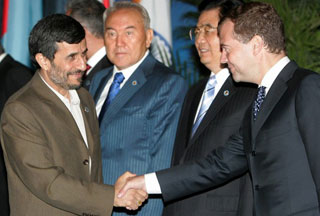
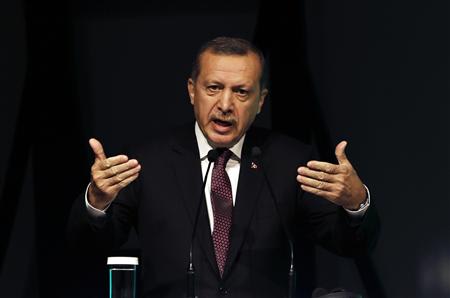



 Medvedev Sees World Built on Bigger BRICS
Medvedev Sees World Built on Bigger BRICS
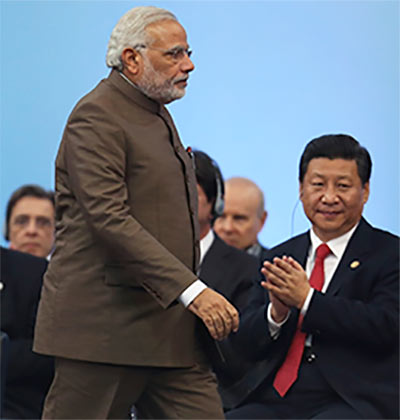
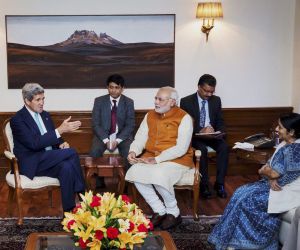
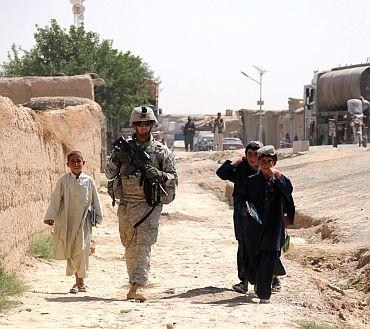
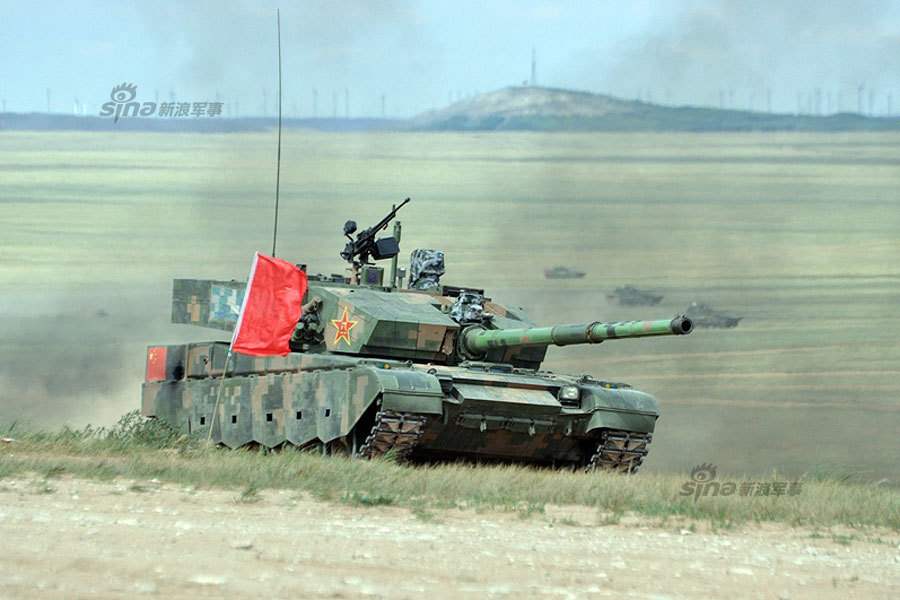
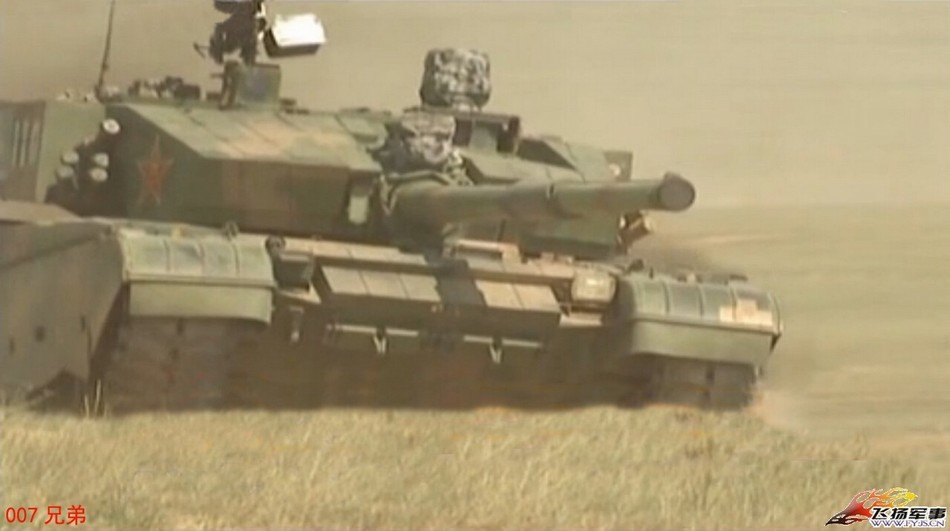
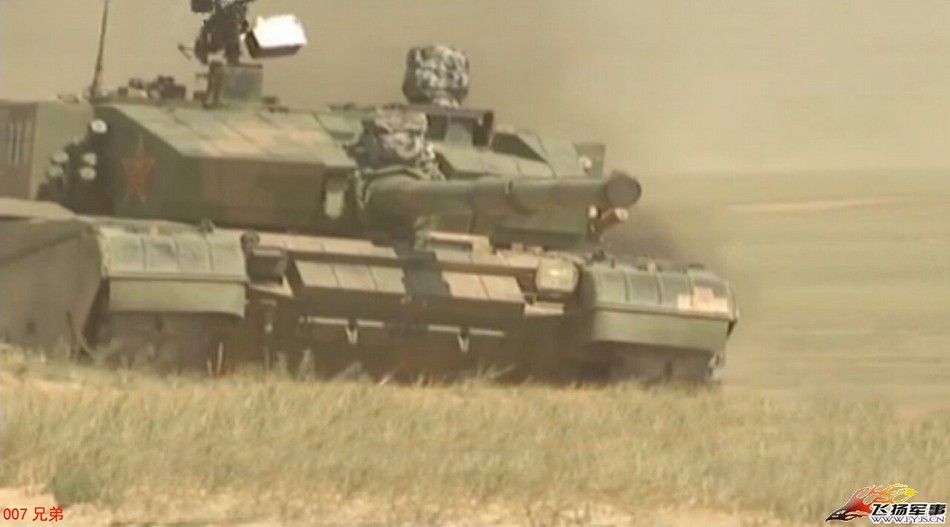
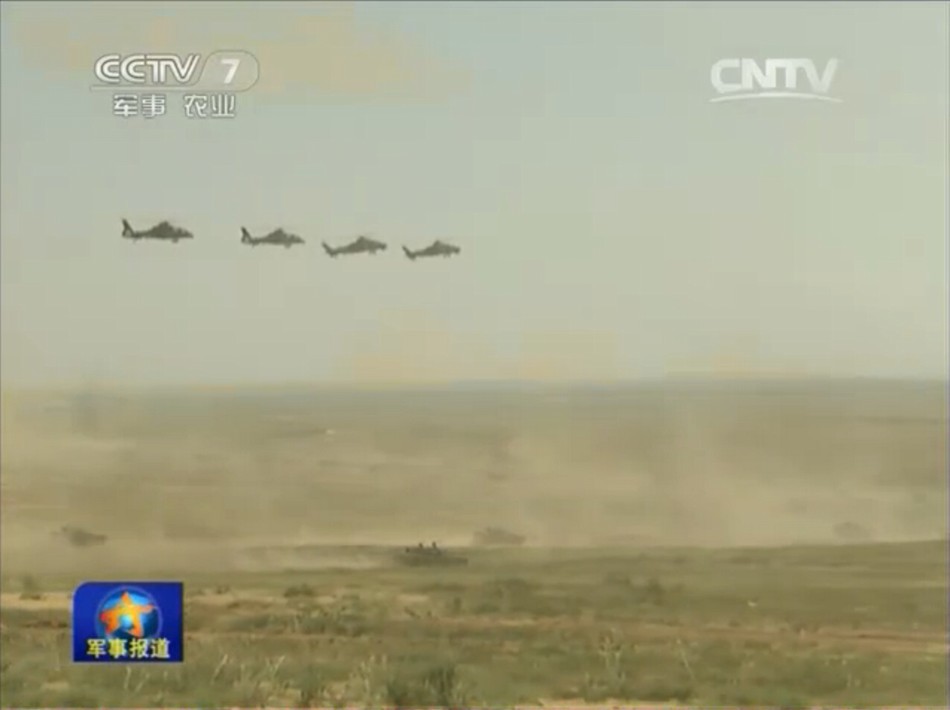
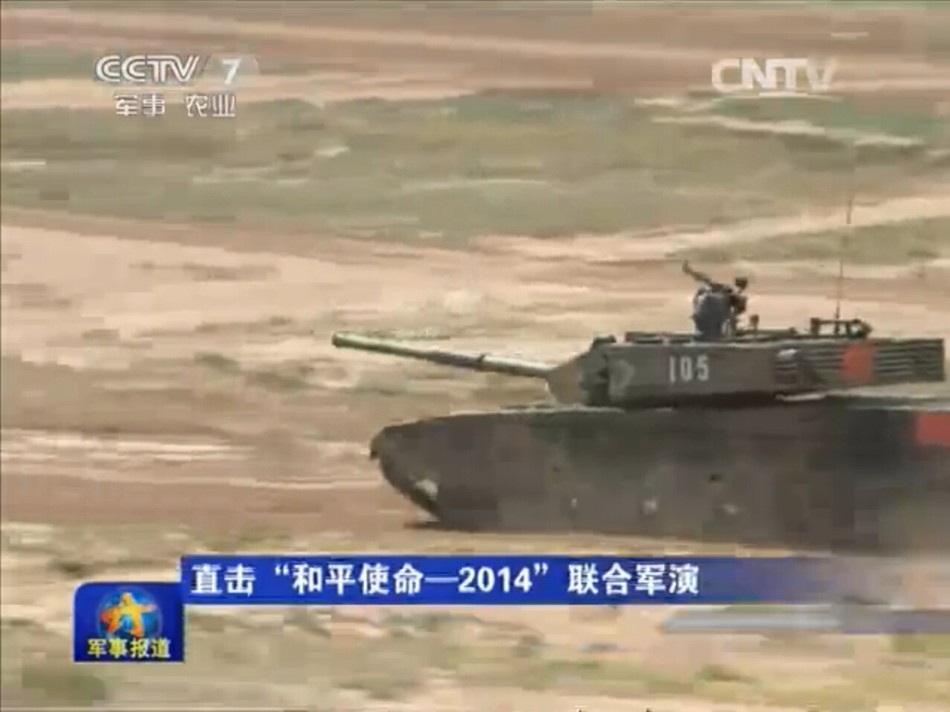
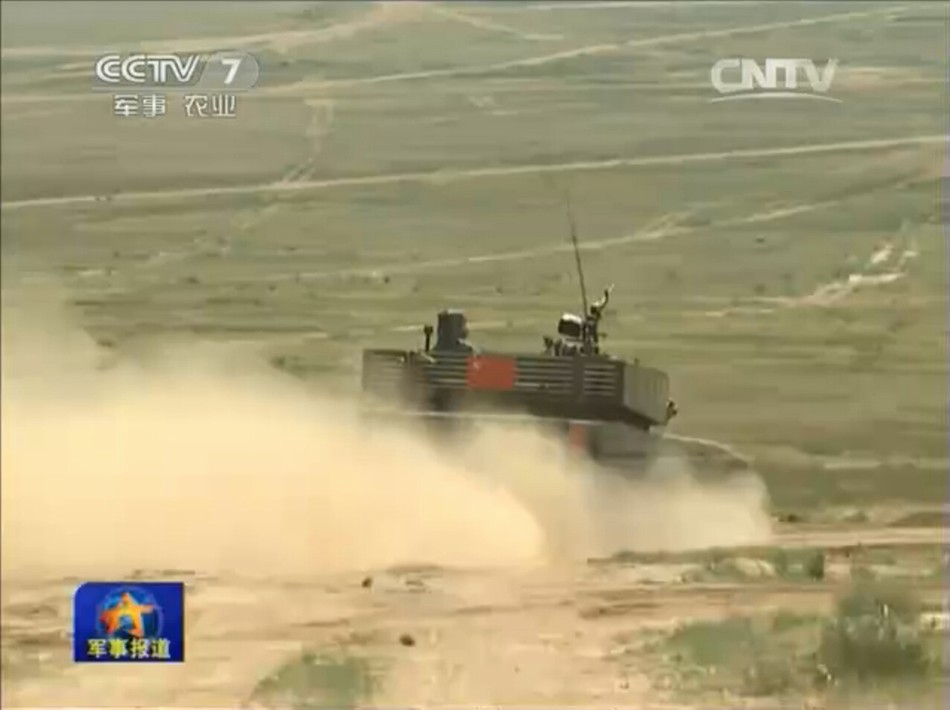
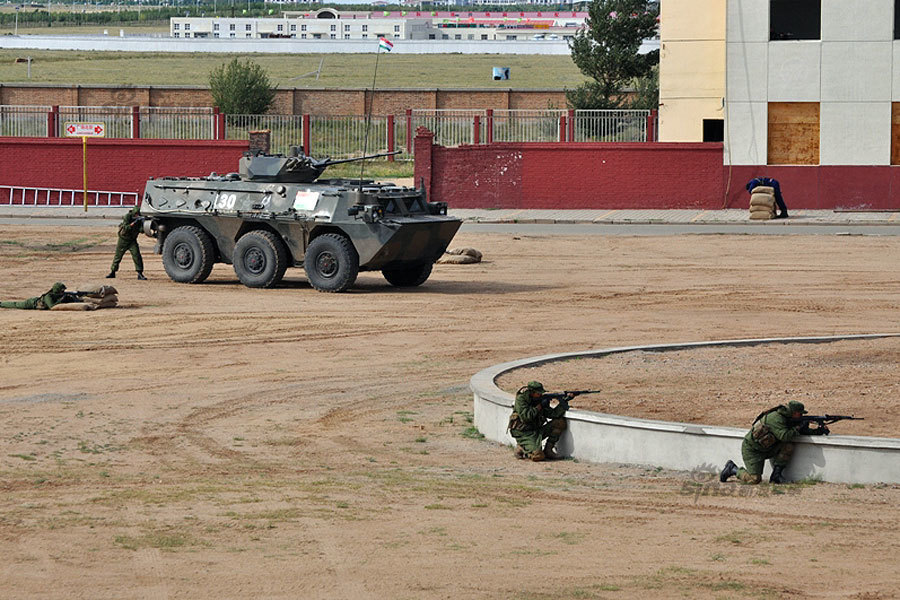
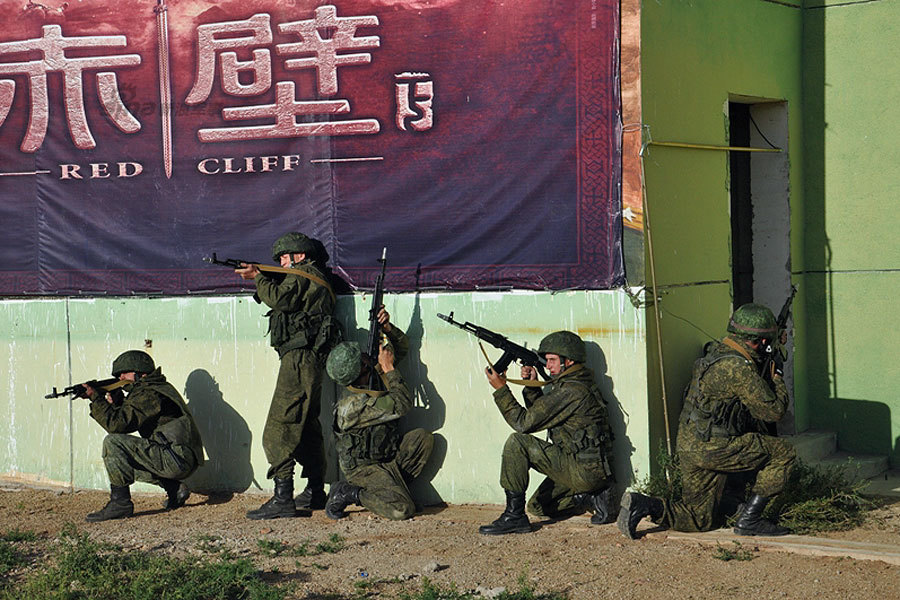
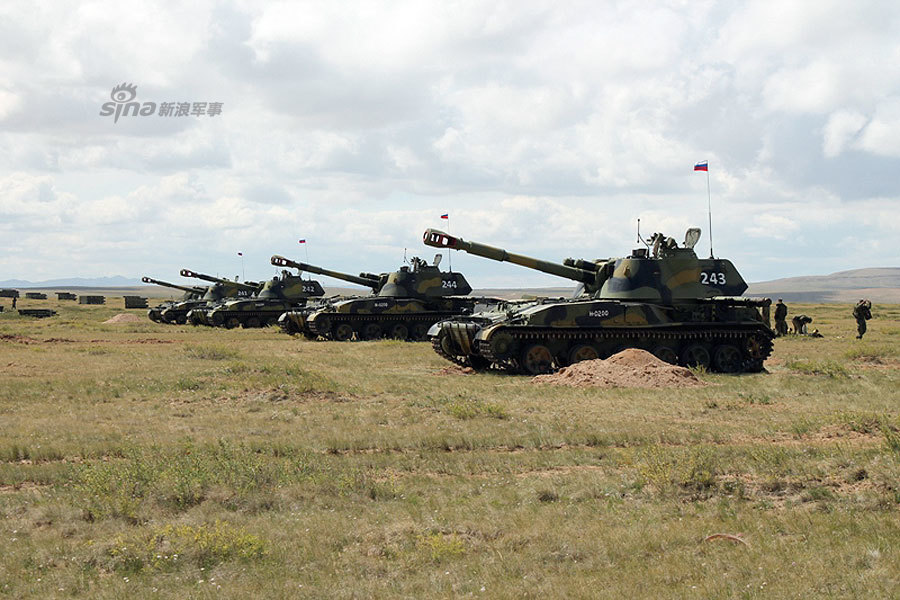
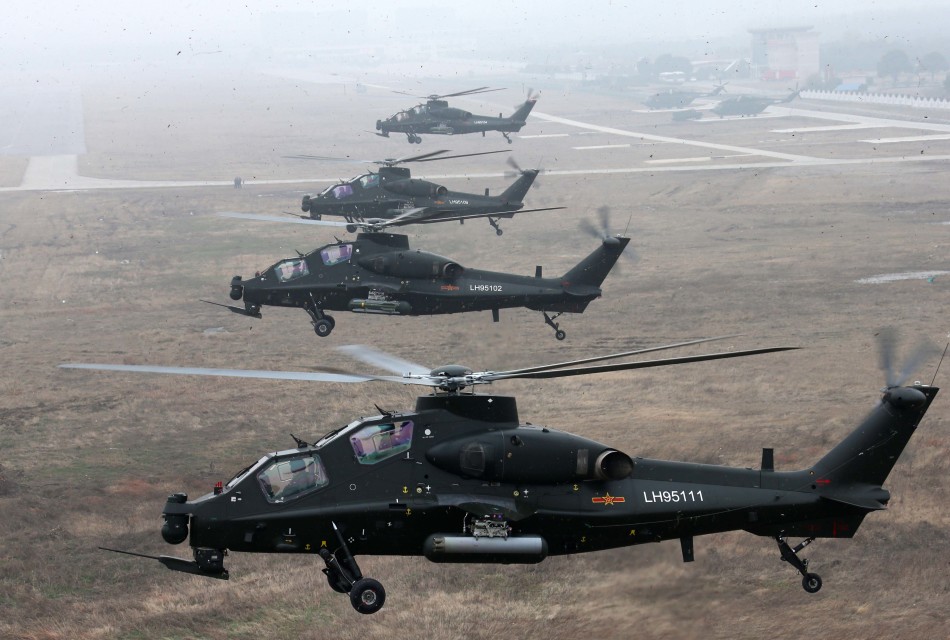
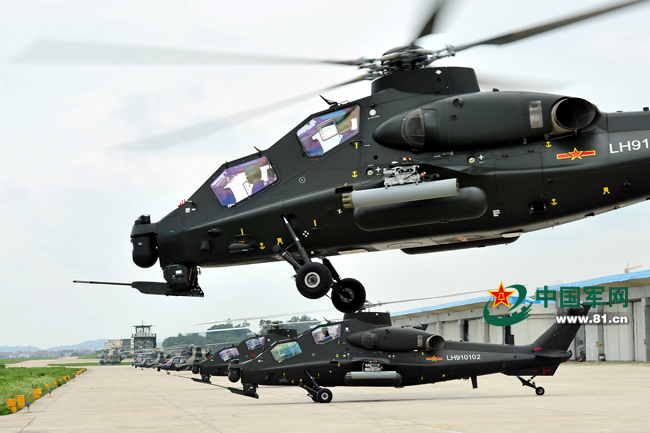
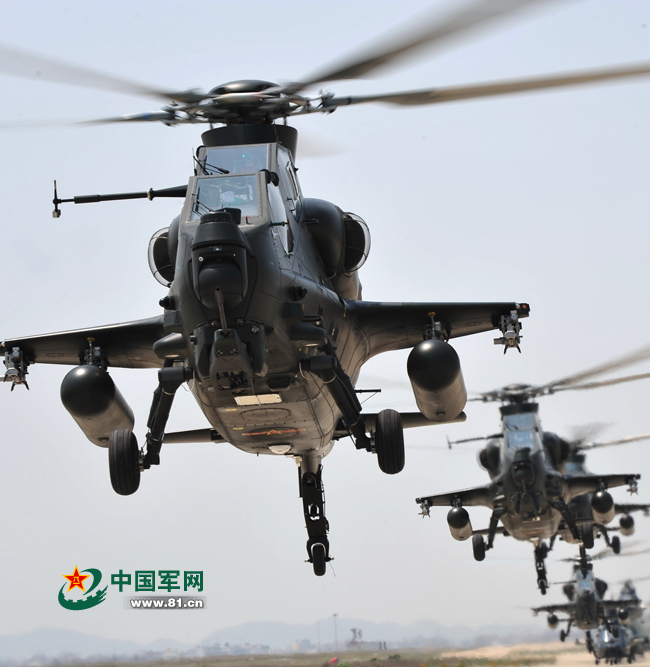
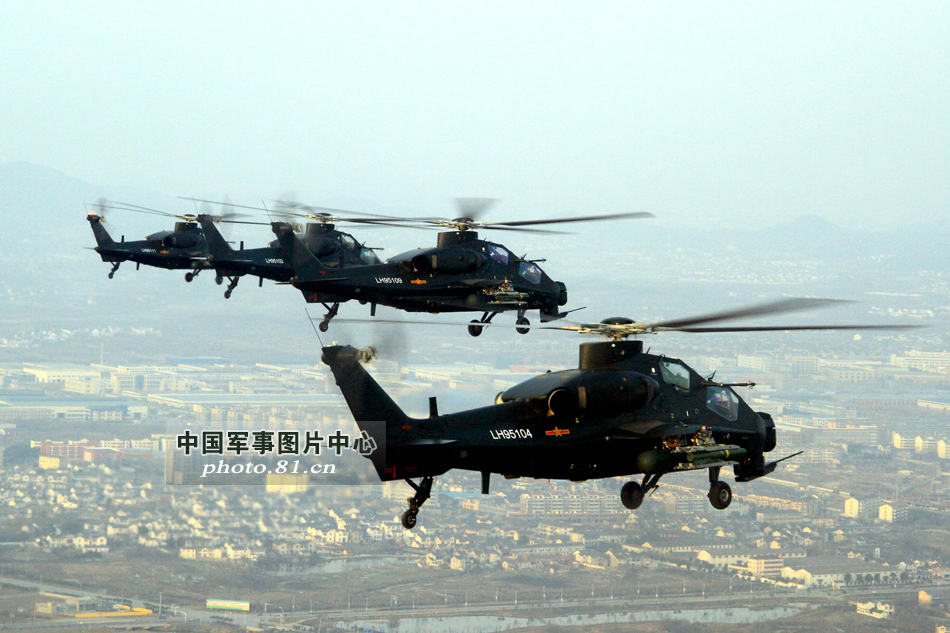
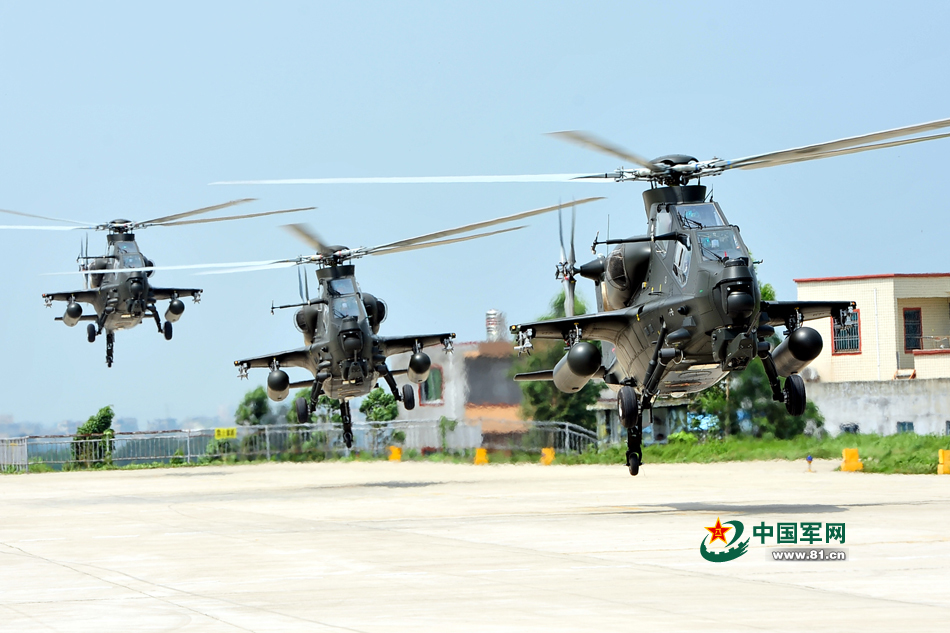

Bookmarks